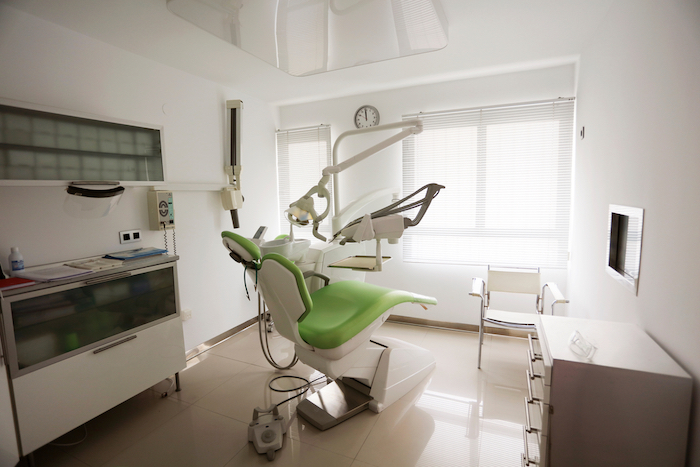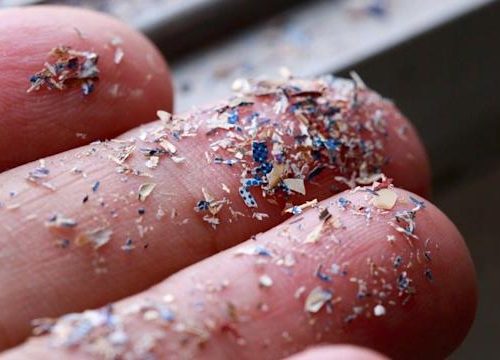By Nancy Clanton, The Atlanta Journal-Constitution
Troy Warren for CNT
Nursing college researchers say oral health important to staying sharp later in life
The key to cognitive decline might be stuck in your teeth.
An analysis by researchers at New York Uniersity’s Rory Meyers College of Nursing found brushing and flossing your teeth may prevent cognitive impairment and dementia.
“Given the staggering number of people diagnosed with Alzheimer’s disease and dementia each year, and the opportunity to improve oral health across the life span, it’s important to gain a deeper understanding of the connection between poor oral health and cognitive decline,” Bei Wu, a professor in global health at the nursing college and the senior study author, said in a statement.
For their analysis, the researchers looked at 14 studies on tooth loss and cognitive impairment conducted over an extended period of time that involved 34,074 adults, of whom 4,689 had diminished cognitive function.
The team found that adults with more tooth loss had a 1.48 times higher risk of developing cognitive impairment and 1.28 times higher risk of being diagnosed with dementia, even after controlling for other factors.
However, adults missing teeth were more likely to have cognitive impairment if they did not have dentures (23.8%) compared to those with dentures (16.9%); a further analysis revealed that the association between tooth loss and cognitive impairment was not significant when participants had dentures.
The scientists also wanted to know if the number of missing teeth had anything to do with cognitive decline, so they conducted an analysis using a subset of eight studies to determine if there was a “dose-response” association between tooth loss and cognitive impairment — in other words, if a greater number of missing teeth was linked to a higher risk for cognitive decline. Their findings confirmed this relationship: Each additional missing tooth was associated with a 1.4% increased risk of cognitive impairment and 1.1% increased risk of being diagnosed with dementia.
“This ‘dose-response’ relationship between the number of missing teeth and risk of diminished cognitive function substantially strengthens the evidence linking tooth loss to cognitive impairment, and provides some evidence that tooth loss may actually predict cognitive decline,” said Xiang Qi, a doctoral candidate from NYU Meyers.
“Our findings underscore the importance of maintaining good oral health and its role in helping to preserve cognitive function,” Wu said.
About one in six adults age 65 or older have lost all of their teeth, according to the Centers for Disease Control and Prevention. Missing teeth can make it difficult to chew which may contribute to nutritional deficiencies or promote changes in the brain.
The study was published Thursday in JAMDA: The Journal of Post-Acute and Long-Term Care Medicine.
In Other NEWS



































